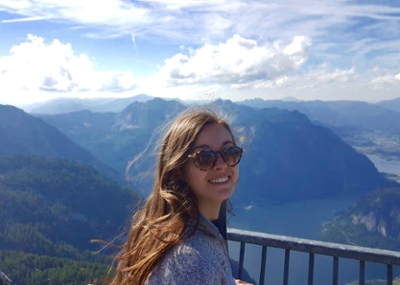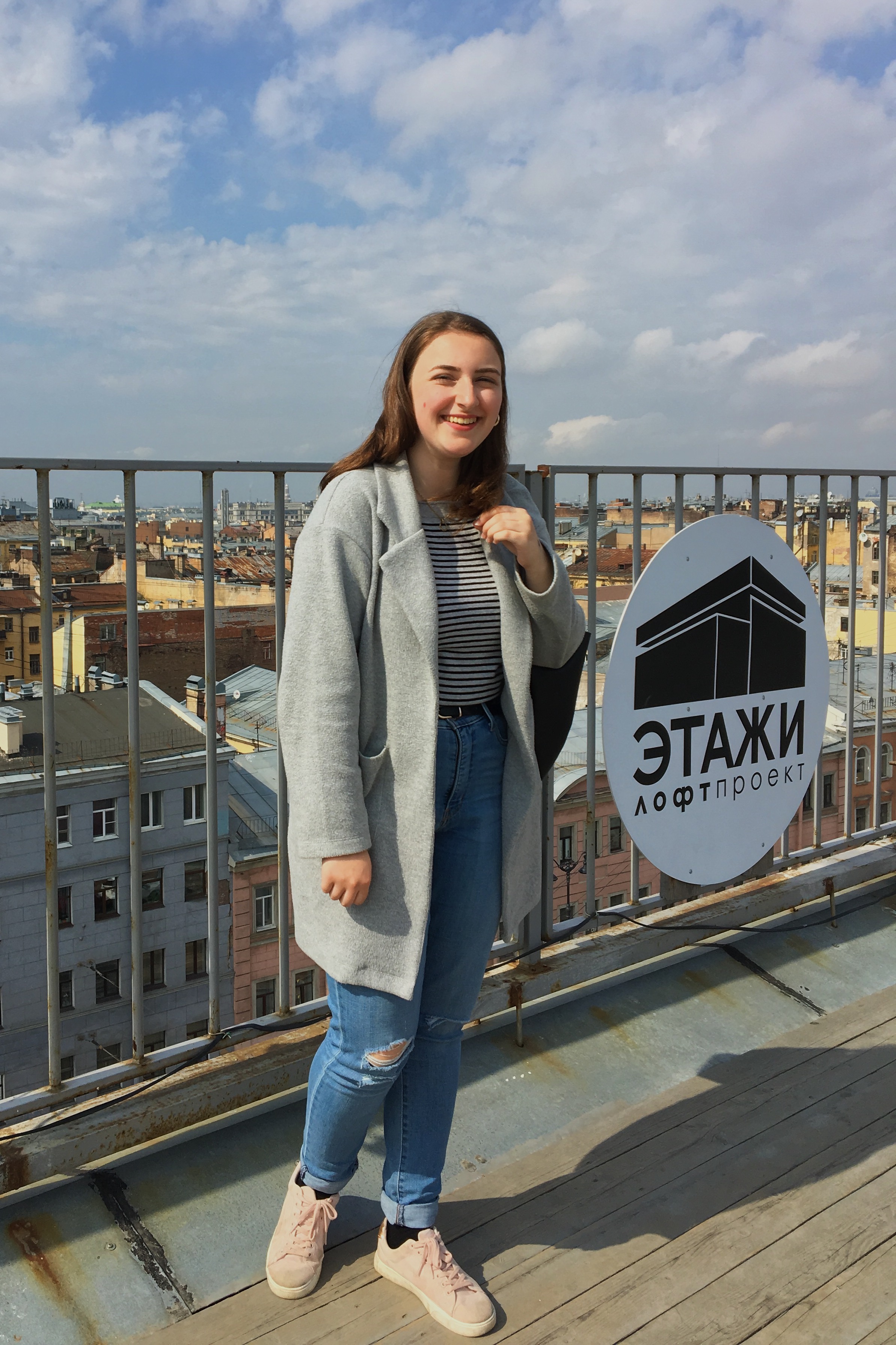Stephen Pastoriza ’19
Images of Women in Works by Ivan Turgenev and Aleksei Kharlamov
Kenny Cortum ’16
How Silesia Became Polish: The Folk Group Śląsk and the Construction of Identity in Postwar Poland
Nylea Bivins ’12
Oral Histories: Two Points of View by Recent Russian Émigrés about Life in America and Russia
Daniel Andres Vicario '11
(In)Audible Tracks of Laughter: A Translation of Russian and Soviet Short Stories
Holly Elizabeth Schreiber '07
Lyutov’s Struggle: The Double Bind in Isaac Babel’s Red Cavalry


